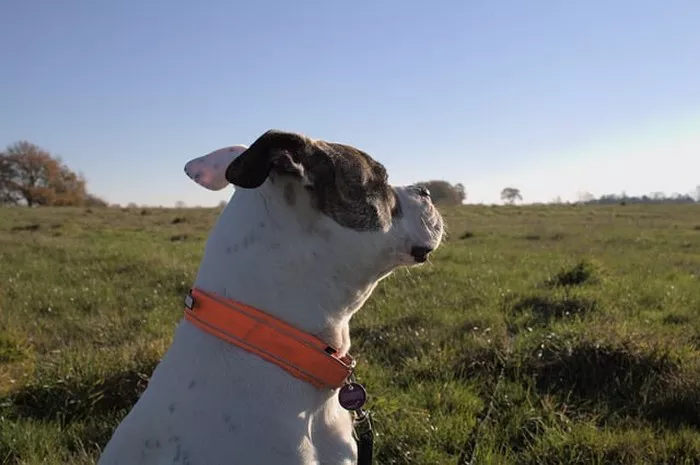When you take your dog for their distemper vaccine, the staff may ask you to wait for a few minutes afterward to ensure your dog doesn’t have an adverse reaction. You might be wondering: is the vaccine safe, and what should I look out for? Let’s take a look at the distemper vaccine and potential side effects.
What Is Distemper Virus in Dogs?
Canine distemper is a serious and highly contagious viral infection that affects a dog’s gastrointestinal, respiratory, and neurological systems. The virus spreads through airborne particles from infected dogs, such as through coughing, sneezing, or nasal discharge. Distemper can be fatal, and there is no cure. While some dogs can recover with supportive care, the disease often leads to death, especially in young, unvaccinated dogs.
What Is the Distemper Vaccine?
The distemper vaccine is a core vaccine, meaning it is recommended for all dogs regardless of lifestyle or location. It’s often included in combination vaccines like DHPP or DA2PP, which also protect against other diseases such as hepatitis, parvovirus, and parainfluenza. Vaccinating your dog is the most effective way to protect them from distemper.
When Should Dogs Receive the Distemper Vaccine?
Puppies typically receive their first distemper vaccine at six weeks of age, followed by booster shots every two to four weeks until they’re at least 16 weeks old. After the initial series, dogs need a booster one year later and then every one to three years for the rest of their lives.
Distemper Vaccine Side Effects in Dogs
Most side effects from the distemper vaccine are mild and resolve on their own. However, some dogs may experience delayed or more severe reactions. Here’s what to watch for:
Common Side Effects:
Fatigue: After vaccination, your dog may feel a bit tired, with reduced appetite or a mild fever. These symptoms should resolve within a day or two.
Swelling or Pain at the Injection Site: Some swelling or tenderness at the injection site is normal, and should resolve in a few days. If swelling worsens, becomes painful, or starts oozing, consult your vet.
Uncommon (but Possible) Side Effects:
Hypersensitivity/Allergic Reactions: Some dogs may show signs of an allergic reaction within minutes to hours of receiving the vaccine. Symptoms can include facial swelling, itching, and hives. Severe reactions may lead to vomiting, diarrhea, weakness, breathing difficulties, or collapse, requiring immediate veterinary intervention.
Rare Side Effects:
Autoimmune Hemolytic Anemia (IMHA): Although rare, vaccines (including the distemper vaccine) have been suspected of triggering IMHA, a condition in which the body destroys its own red blood cells.
Hypertrophic Osteodystrophy (HOD): Large-breed puppies, especially those receiving the distemper vaccine, may develop HOD, causing inflammation in the growth plates of bones.
Post-Vaccinal Encephalitis: Extremely rare cases of brain inflammation (encephalitis) have been reported after vaccination.
Juvenile Cellulitis: Known as “puppy strangles,” this condition can cause facial swelling and lumps, and is thought to be triggered by an immune system disruption, potentially due to the distemper vaccine.
When to See a Vet About Vaccine Side Effects
If your dog experiences any of the following symptoms, contact your vet immediately:
- Facial swelling
- Hives
- Vomiting
- Diarrhea
- Breathing changes
- Weakness or collapse
These could be signs of an allergic reaction or other serious issue.
Bottom Line
While side effects from the distemper vaccine are generally mild and rare, it’s important to monitor your dog closely after vaccination. Despite the possibility of side effects, the distemper vaccine is crucial for preventing a potentially fatal disease. The risks associated with not vaccinating far outweigh the risks of vaccine reactions. If you’re concerned or have any questions, consult your vet to ensure your dog stays protected and healthy.

